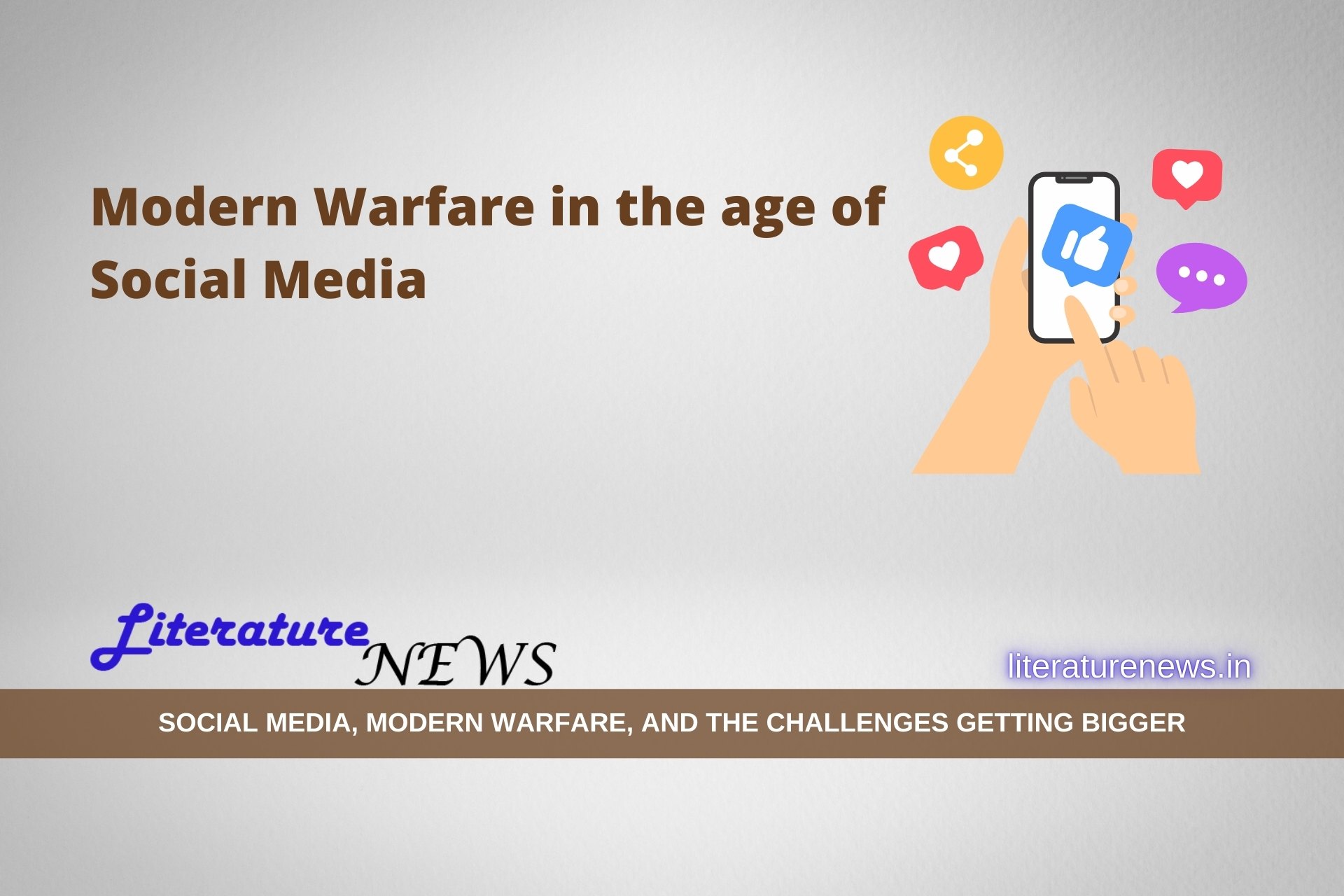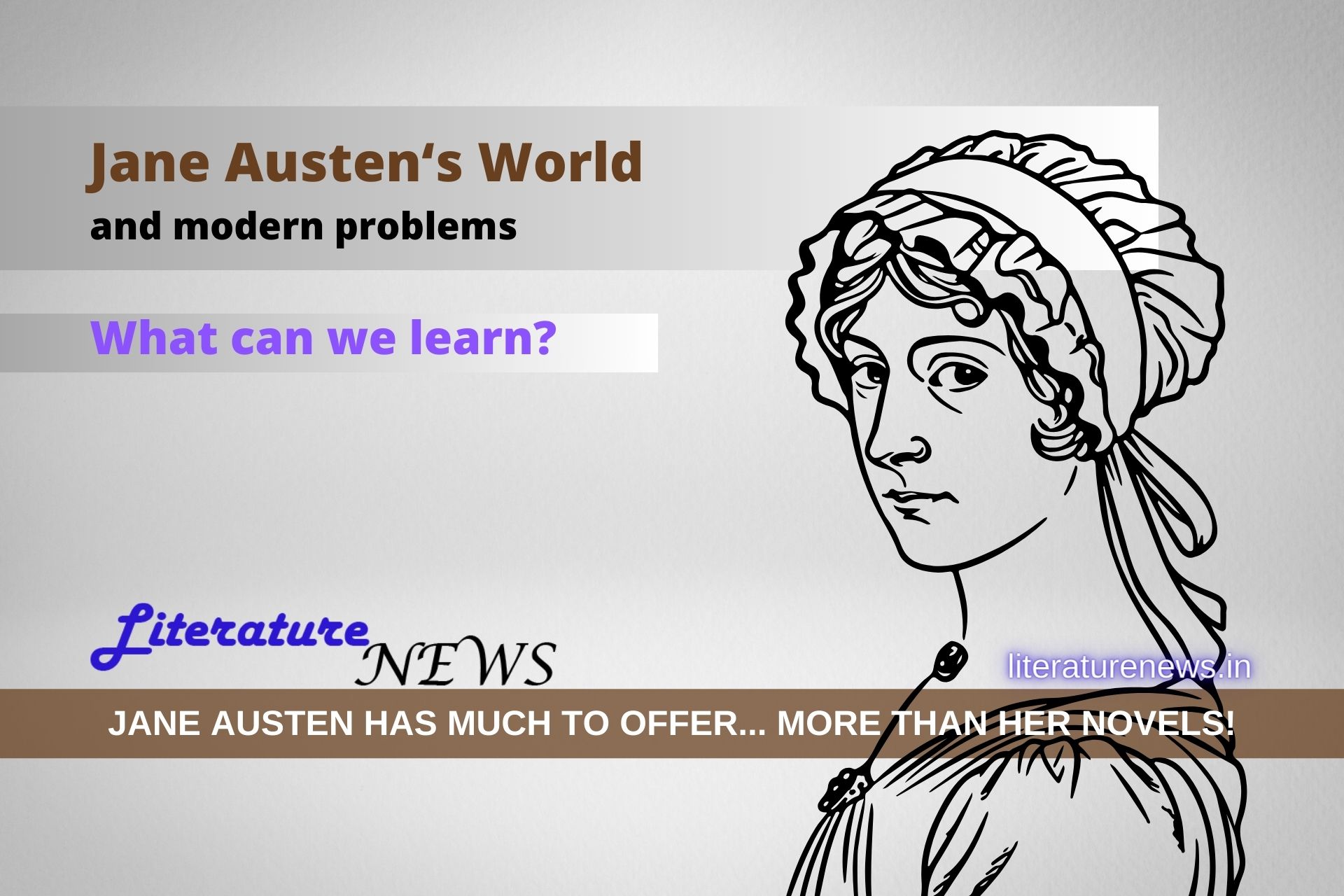Reading literature is a very pleasant task. It lets us escape the grim realities of the moment and bask in the pleasures of the ‘other’ world that literary works open to us. However, do you ever think about context? Do you find yourself associating or disassociating with a work based on its context? Do you try to judge a literary work by the context of various kinds – time, society, other works and the author’s background? In this article, we will talk about literature and its contexts. And we will take literature written in any language, literature in general.
Understanding the great Greek literature like Odyssey and Iliad will certainly require knowledge of the Greek order or hierarchy of Gods and Goddesses, demi-gods and sons of such people. Moreover, it will also require a general overview of the Greek myths and legends in general. And then only, a person will be able to interpret why Achilles was so brave and powerful or why a feeble person like Paris was able to kill godly Achilles! The same stands to interpret any epic text based on Greek or Raman myths. Lamia by Keats or The Fall of Hyperion, Leda and Swan by Yeats or The Game of Chess by T S Eliot… the list is ending.
In Indian literature, if one wants to understand the gravity of epic texts, one has to have the basic knowledge of our religious order, the Dashavatara, the Pouranik tales and the knowledge of philosophic terms and philosophy in general. One cannot understand the continuity of one’s Karma unless one knows about the basic quality of Aatma – it doesn’t die.
Thus, we can see that the interpretation of literary texts does depend on whether we know the context or not. If we don’t know the context, Krishna’s role in Mahabharata will be limited to that or a wise Sarathi or the Trojan War will be like a mere war fought for a woman who was beautiful. However, do short poems and novels also require understanding the context in order to understand them?
Sonnets by Keats that sing of his love with his beloved, sonnets by Shakespeare that people interpret with references to some dark lady and a fair youth, the works by T. S. Eliot in relation to his understanding of his wife’s condition and possible extramarital affair, the works by Nirala in relation to his understanding of poverty, humanity and more… context may add things to poetry. However, doesn’t it take away as well?
On the other hand, how well do the concepts of narratology and structuralism fit in this context? Saussure’s Langue and Parole became the models for Claude Strauss and others to understand literary texts in their context. Though it is not a famous or most-used method today, people do try to understand literary text with some contexts. The Marxist literary theory does the same. Modern Indian approaches like Dalit theory and marginalised theory (both the same with some exceptions) do the same. Even deconstruction, to an extent, does the same. However, one thing is common these theoretical approaches take the literary text away and away from the direct interpretations and thus, one can say, we lose the value of the text itself and find ourselves lost in the context. Is it justified? You think.
By Ashish for Literature News





Add Comment